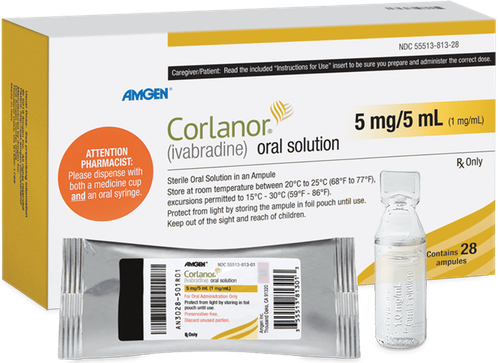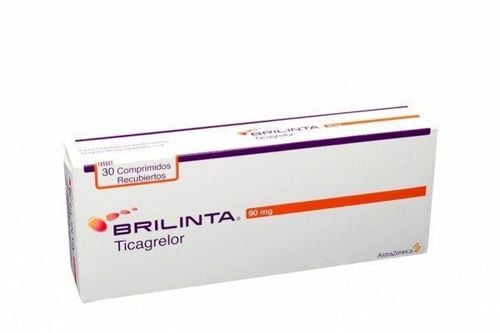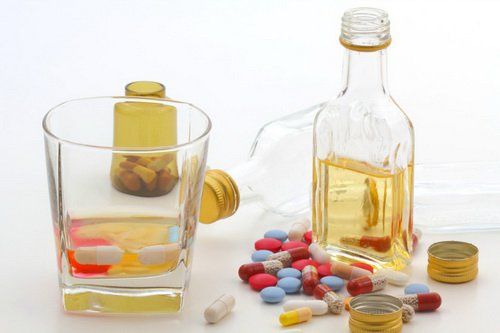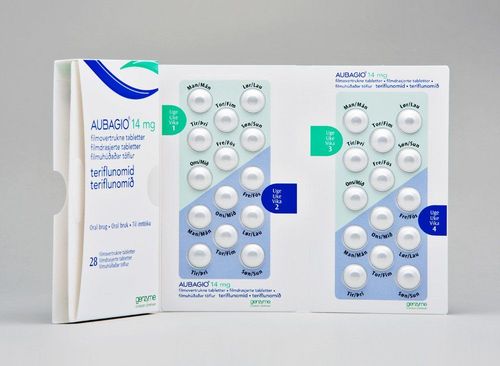This is an automatically translated article.
The article was professionally consulted by Doctor Tran Quoc Tuan - Emergency Resuscitation Doctor - Emergency Resuscitation Department - Vinmec Phu Quoc International General HospitalAccording to WHO estimates, every year about 17 million people around the world die from cardiovascular diseases. Every year in Vietnam, about 200,000 people die from cardiovascular diseases, many times higher than the number of deaths from cancer and traffic accidents. The worrying thing is that cardiovascular disease is showing signs of getting younger and younger. The disease can occur in anyone at any age. Remembering some important body parameters and controlling them well is an important factor in limiting the risk of cardiovascular diseases.
1. BMI
BMI (Body mass index) is an index calculated from height and weight to help determine whether a body is overweight or underweight. Because of its simplicity and ease of implementation, it is a popular tool used to monitor adult weight. If the BMI is within the normal range, then the body weight is at an appropriate level, good health, low risk of cardiovascular disease.
Formula to calculate BMI :
BMI = weight / (height)2
Where weight is in kilograms and height is in meters. The BMI level of the normal person is between 19-21. If you have a BMI higher than 21, you are weighing more than normal, you need to adjust your diet and activities to lose weight accordingly.
2. Waist circumference
The larger the waist measurement, the higher the risk of cardiovascular diseases. The waist circumference should be controlled to < 90 cm in men and < 75 cm in women.

Người có số đo vòng bụng càng lớn thì nguy cơ mắc các bệnh tim mạch sẽ càng cao
3. Cholesterol Index
Cholesterol has many important roles in the body such as:
Cholesterol is used to produce hormones such as estrogen and progesterone hormones in women, testosterone in men, cortisol hormones, and aldosterol in the adrenal glands. Cholesterol is used to make bile to help digest food, and to make vitamin D, which helps keep bones and teeth strong. Cholesterol is an antioxidant that helps the body recover from free radical damage and is an important element of the immune system, helping the body fight off bacterial and viral attacks. There are two types of cholesterol in the body, LDL-cholesterol and HDL-cholesterol. In particular, LDL-cholesterol is called bad cholesterol because if the content of this type of cholesterol in the blood is high, there will be a risk of atherosclerosis due to lipid deposition in the vessel walls. These plaques will narrow or block blood vessels, leading to serious complications such as myocardial infarction, cerebrovascular accident. HDL- cholesterol is called good cholesterol because it plays a role in transporting cholesterol from the blood to the liver, transporting cholesterol away from atherosclerotic plaques.
What is the normal blood cholesterol level? Cholesterol is only harmful when the components of cholesterol are disturbed, the ratio of LDL-bad cholesterol increases and the ratio of HDL-good cholesterol decreases. This disorder can be caused by family factors or by lifestyle, eating habits, unhealthy habits such as smoking, inactivity, overweight, obesity,... To reduce the risk If you have cardiovascular disease, you should control your cholesterol to the following levels:
Cholesterol <0.2 mmol/L (201.1mg/dL)
LDL- cholesterol <3.2mmol/L (123.7 mg/dL)
HDL- cholesterol >1.3 mmol/L (50.3 mg/dL)
4. Blood pressure readings
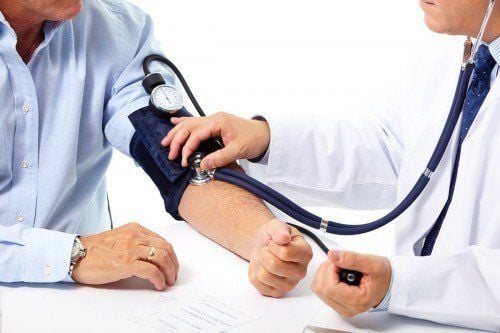
Chỉ số huyết áp dù cao hay thấp đều không tốt đối với sức khỏe
Blood pressure is the pressure of the blood against the artery walls, measured in millimeters of mercury (mmHg). After measuring blood pressure, a 2-digit blood pressure reading will be obtained, where the higher number is the pressure of the blood on the arteries when the heart contracts, also known as the systolic blood pressure, the lower number. is the pressure of blood on the arteries when the heart relaxes, also known as diastolic blood pressure.
Normal blood pressure readings:
High or low blood pressure readings are not good for health. If blood pressure is low, it can cause a number of dangerous conditions for the heart, causing dizziness, fainting and is leading to a number of neurological and endocrine diseases. High blood pressure is the leading cause of cardiovascular events such as: cerebrovascular accident, myocardial infarction, heart failure, kidney failure,...
Should regularly monitor blood pressure and ensure Maintain a normal blood pressure reading of <140/90 mmHg.
5. Blood glucose index
Diabetes mellitus is a metabolic disorder characterized by chronic elevation of blood glucose over a long period of time. Diabetes causes dangerous cardiovascular complications such as myocardial infarction, stroke, high blood pressure, heart failure, etc. It is recommended to follow a healthy diet, exercise and regularly check Check blood glucose index and adjust it in time to reduce the risk of diabetes.
Blood glucose index in a normal person is:
Time before eating: 90-130 mg/dl (ie 5-7.2 mmol) About 1-2 hours after eating: less than 180mg/dl (ie 10mmol) Time before going to bed: 100-150mg/dl (ie 6-8.3mmol) The danger of cardiovascular diseases is that they appear silently and have almost no symptoms for a long time. When physical symptoms appear, the disease is often already at a severe level, causing complications that severely affect the patient's quality of life. To control cardiovascular disease, along with the right diet, exercise, and activities, it is advisable to have regular cardiovascular examinations to screen for disease.
Cardiovascular Center is one of the leading spearhead centers of Vinmec Times City International Hospital, the team of experts of the Cardiology Center includes Professors, PhDs, Specialist 2, Master doctors. He is an experienced doctor with great reputation in the field of medical treatment, surgery, interventional cardiac catheterization and application of advanced techniques in the diagnosis and treatment of cardiovascular diseases. In particular, the Center has modern equipment, on par with the most prestigious hospitals in the world. In addition, the center has a comprehensive cooperation program with Cardiology Institute - Bach Mai Hospital, Cardiology Department of Hanoi Medical University, Paris Decartes University - Georges Pompidou Hospital (France), University of Pennsylvania (USA) period) ...
Please dial HOTLINE for more information or register for an appointment HERE. Download MyVinmec app to make appointments faster and to manage your bookings easily.
The article references the source: Vietnam Cardiology Association



